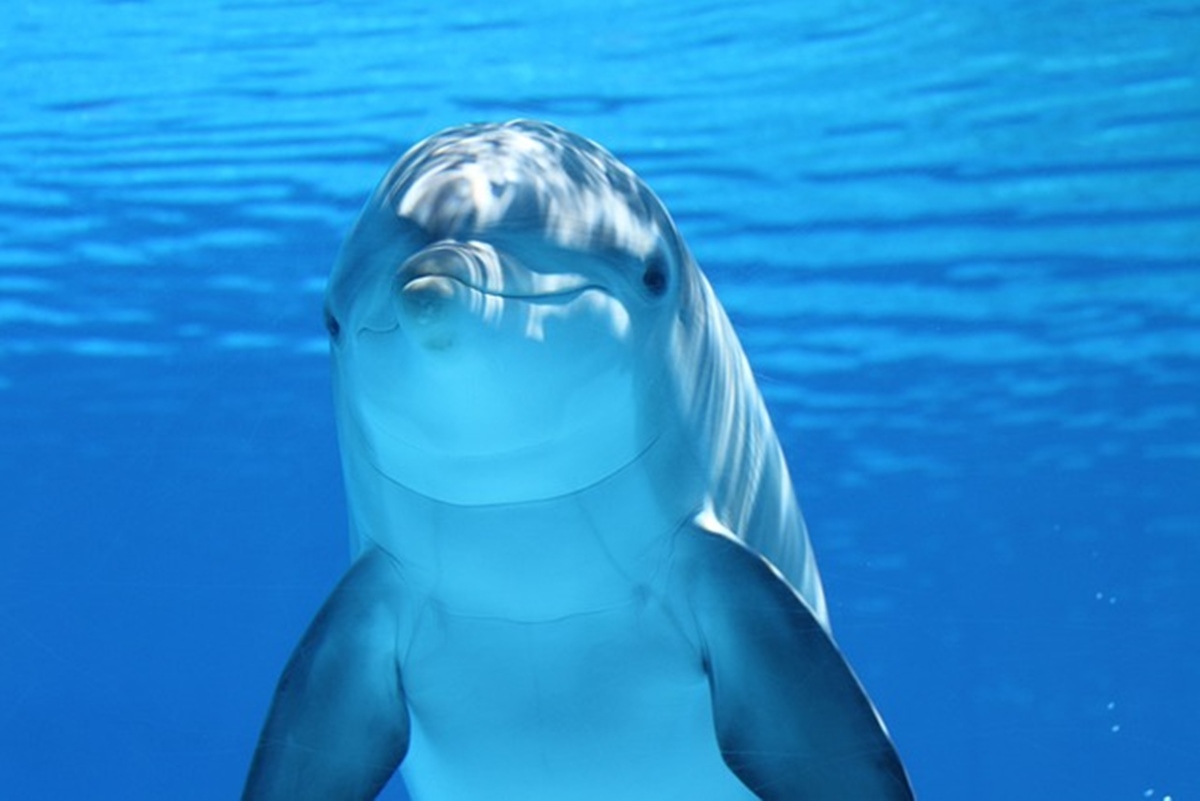Snorkeling is an underwater adventure and comes with inherent risks.
Prioritizing safety is essential when enjoying snorkeling, and it is crucial to consider the following factors
Impact of Ocean Currents and Tides:
Ocean currents and tides are significant factors to consider when snorkeling as they can potentially carry snorkelers away from their intended locations. It is essential to research these elements beforehand and exercise caution.
Checking tide information beforehand is vital to avoid dangerous currents.
Changing Weather Conditions:
Sudden weather changes can pose risks. Storms or strong winds may necessitate leaving the water for safety. Always check weather forecasts and either avoid snorkeling on days with unstable weather or be prepared for rapid changes.
Respect for Marine Life:
Respecting marine life and their habitats is crucial for snorkeling safety. Proper equipment and awareness play an important role.
Proper Equipment:
To safely enjoy snorkeling, selecting the right equipment is essential. Ensure that your snorkel, fins, mask, and buoyancy aids are in good condition.
In particular, buoyancy aids enhance safety and provide extended comfort during long sessions.
Buddy System:
Snorkeling with friends or family improves safety. Collaborate with your companions to ensure mutual safety and support during emergencies.
A reliable partnership provides peace of mind and enhances the snorkeling experience.
■ Physical Readiness
Snorkeling is a physically demanding activity that requires appropriate fitness levels and health. To ensure safety, consider the following factors:
Maintaining Buoyancy Underwater:
The ability to relax and float at the water’s surface is crucial during snorkeling.
Proper buoyancy aids can assist in this regard. Maintaining buoyancy reduces fatigue and provides stability underwater.
Breathing Techniques:
Mastering proper breathing techniques, including deep breaths, enhances the appeal of snorkeling. Deep breathing increases oxygen supply and promotes relaxation.
Swimming Skills:
Basic swimming skills are necessary for snorkeling. If you are not a strong swimmer, consider pre-training to improve your swimming abilities.
Health Status:
Individuals with heart or respiratory conditions must seek medical approval for snorkeling.
Because snorkeling is a physically demanding activity, your health can significantly affect its safety.
Proper Weight Management:
Maintaining a healthy body weight helps with buoyancy control and contributes to snorkeling safety.
Being either overweight or underweight can make buoyancy control difficult and increase fatigue.
■ Psychological Aspects
Snorkeling includes psychological aspects that require attention. Adapting to the underwater environment and proper mental preparation are essential
Overcoming Fear:
It is normal to experience anxiety or fear when underwater. Developing strategies to overcome these emotions and act calmly is crucial. Learn to conquer fear and boost your self-confidence.
Group Support:
Snorkeling with friends or guides provides a sense of security and emotional stability. Coordination with companions is useful during emergencies and reduces stress.
Balancing Excitement and Relaxation:
Snorkeling offers both excitement and relaxation. Maintaining a balance is essential. Controlling excitement and staying in a relaxed state will maximize the enjoyment of snorkeling.
Stress Management:
Stress can potentially impact snorkeling, so mastering stress management techniques is vital. Use relaxation methods like deep breathing and meditation to reduce stress.
Handling Unexpected Situations:
The ability to cope with unexpected underwater situations greatly influences safety. Act methodically and stay calm to avoid panicking during unexpected incidents.
■ Environmental Consideration
Showing consideration for the marine environment is a must when snorkeling. Since snorkeling can impact the marine ecosystem, maintaining a sustainable attitude is essential:
Coral Reef Protection:
Coral reefs are delicate ecosystems. Avoid touching them, and take care not to damage or disturb coral. Respecting these ecosystems contributes to their preservation.
Garbage Disposal:
Avoid littering the water with plastic waste or debris. Taking responsibility for the environment is vital. Collect and dispose of garbage properly.
Wildlife Conservation:
When approaching marine life, treat them with respect, and refrain from making excessive noise. Noise can stress marine animals and negatively affect the environment.
■ Environmental Education
Learn about marine ecosystems and participate in environmental conservation efforts.
Understanding the importance of the natural environment and raising awareness about environmental issues are crucial for a sustainable future.
Sustainable Choices:
When selecting equipment and tour operators, consider their environmental impact. Choosing eco-friendly products and services contributes to the protection of marine environments.
Emergency Preparedness:
Knowing how to respond to emergencies during snorkeling is essential for safety
Underwater Rescue:
Understanding proper underwater rescue procedures is vital if your snorkeling companion encounters difficulties. Learn the basics of underwater rescue to ensure your companions’ safety.
Maintaining Buoyancy Unconscious:
Knowing how to maintain buoyancy if you lose consciousness is important. Using appropriate buoyancy aids ensures that you can stay afloat even if you are unconscious.
Use of Rescue Signals:
Familiarize yourself with appropriate rescue signals and communication methods to convey emergencies to your companions or boats. Establish communication methods for seeking help.
First Aid:
Knowledge of basic first aid to address minor injuries or wounds is useful. Carrying a first aid kit and knowing how to deal with injuries or illnesses prepares you for emergencies.
Safety Gear:
Carrying safety gear such as life jackets, floats, and rescue equipment can be beneficial in emergencies. Safety gear is crucial for being prepared for unexpected situations.
■ Conclusion
By adhering to these guidelines, you can ensure the safety of your snorkeling adventures.
Proper knowledge, equipment, physical readiness, psychological preparation, environmental consideration, and emergency preparedness are all essential to make the most of exploring the beautiful underwater world while keeping safety as the top priority.
Snorkeling offers a fantastic experience, but always remember to prioritize safety.



コメント